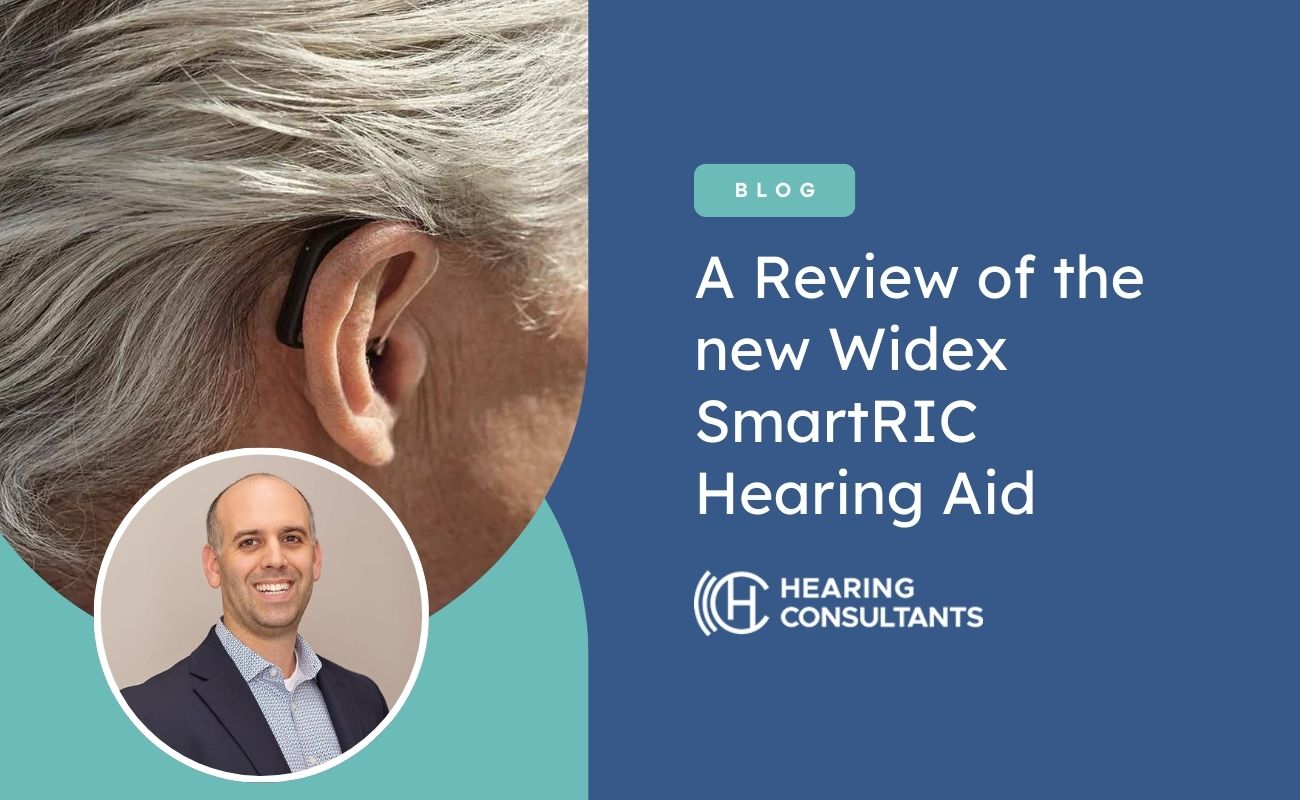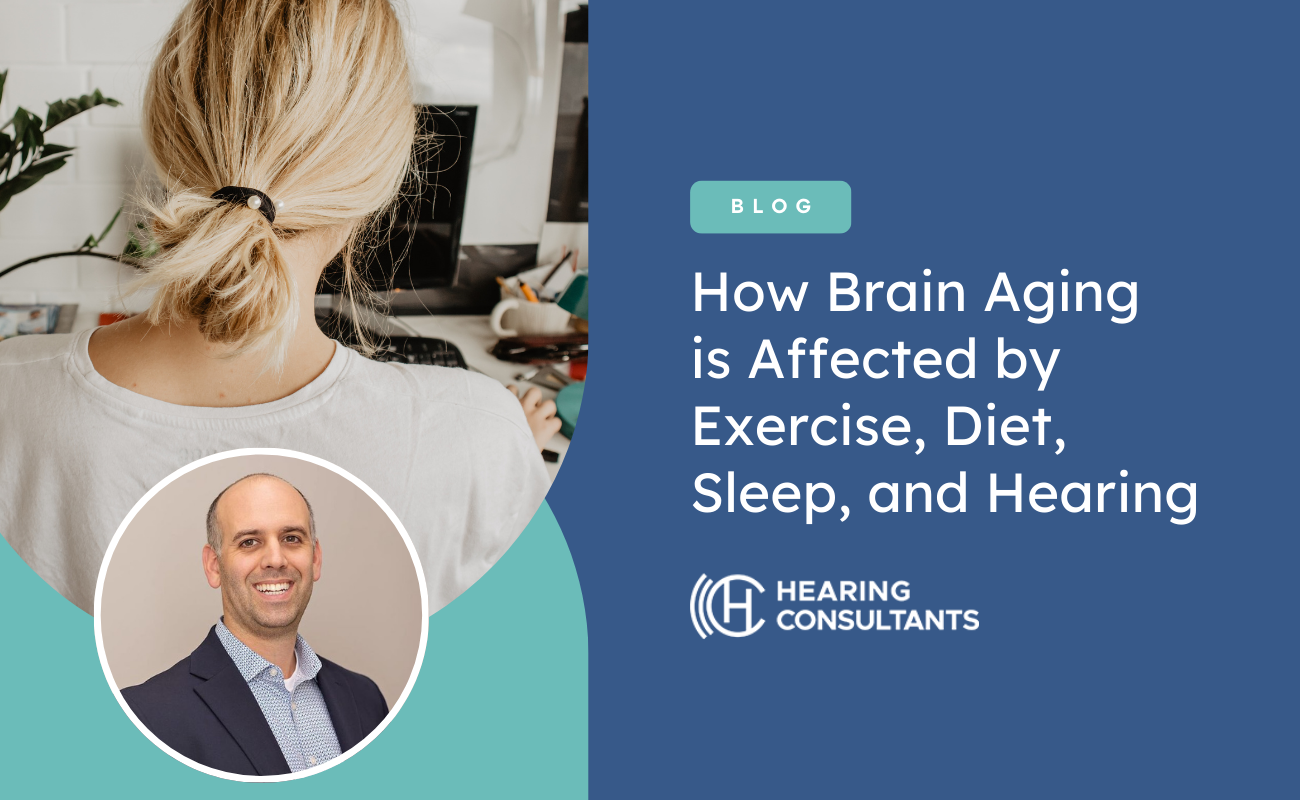Q&A About Hearing Loss
You may have some questions about hearing loss and hearing aids. That’s completely normal! We get lots of questions every day about hearing health and hearing devices. Here are some of the most common questions and answers about hearing loss.
Question: Do I Need Hearing Aids if My Hearing Loss is Mild?
One of the most frequently asked questions we get asked is about treating mild hearing loss. If your hearing isn’t too bad, you might be wondering if you need to invest in hearing aids just yet. The answer is that treating your hearing loss early is the best thing you can do for your ears and your overall health.
When you have mild hearing loss, certain cells in the ear aren’t sending signals to the brain, and you don’t hear all the sounds around you. This might not be a problem when you’re in a very quiet place, but when you’re anywhere with background noise, it becomes very hard to follow conversations. You’ll start to notice the effects of untreated hearing loss, and start to be less social.
Living with mild untreated hearing loss can lead to more rapid cognitive decline, social isolation and loneliness, depression, and even an increased risk of dementia. If you have mild hearing loss, the best thing you can do for your hearing and your health is to treat your hearing loss.
Question: Do I Actually Need Two Hearing Aids?
Most people have slightly different levels of hearing loss in each ear. You probably have a “good” ear and a “bad” ear. However, if you have hearing loss, in most cases even your good ear isn’t picking up on all the sounds around you. Having clear hearing in both ears is also very important for sound localization, or determining where a sound is coming from. With only one hearing aid, you won’t be able to quickly tell where sounds are coming from. Not only that, but having only one hearing aid can still leave you straining to hear, and you won’t get relief from listening fatigue.
Treating your hearing loss with two hearing aids is the best way to hear all the sounds around you, and enjoy clear hearing.
Question: Will I Go Deaf?
You may be concerned that as your hearing worsens, you might go deaf. In most cases, people with hearing loss don’t go deaf. Your hearing loss will probably get a little worse every year, but for many people this hearing decline will eventually stop, and the level of hearing loss will stay mostly the same.
If you have hearing loss, it’s important to get a hearing test every year to monitor your hearing health. If your hearing ability has changed, your hearing aids can be recalibrated to match your level of hearing loss. However, you don’t need to worry about going deaf.
Question: Will Hearing Aids Restore My Hearing?
There is no cure for hearing loss. Hearing aids are a very successful treatment option for hearing loss, but they can’t restore the hearing you have lost. Instead, hearing aids help you hear the sounds around you, including the sounds you can’t hear on your own. Hearing aids have a number of advanced programs and features that reduce background noise and help you focus on speech. Some hearing aids can even connect to your phone and stream audio right to your ears. Hearing aids are a great way to treat your hearing loss, and easily hear without straining to make out what’s being said.
Question: Are There Natural Cures for Hearing Loss?
There are no natural cures for hearing loss. Hearing loss is usually caused by damage to the cells in the inner ear. These cells translate sound waves into electrical signals and send them to the brain. When these delicate cells are damaged, they don’t regenerate. This means there’s no way to cure hearing loss or restore your hearing. No natural remedies for hearing loss can repair these cells, or make your hearing come back.
Treating Hearing Loss
These are just some of the questions we get asked every day, and we have lots more answers to share. There are no silly questions, so if you have any questions about your hearing loss, ask our team of hearing health specialists and get the answers you need.
Get in touch with
Hearing Consultants
Contact our clinic to schedule an appointment today!







